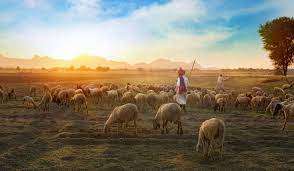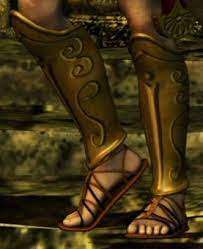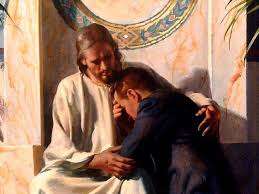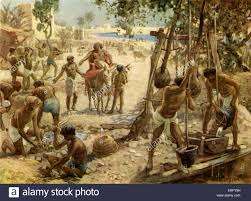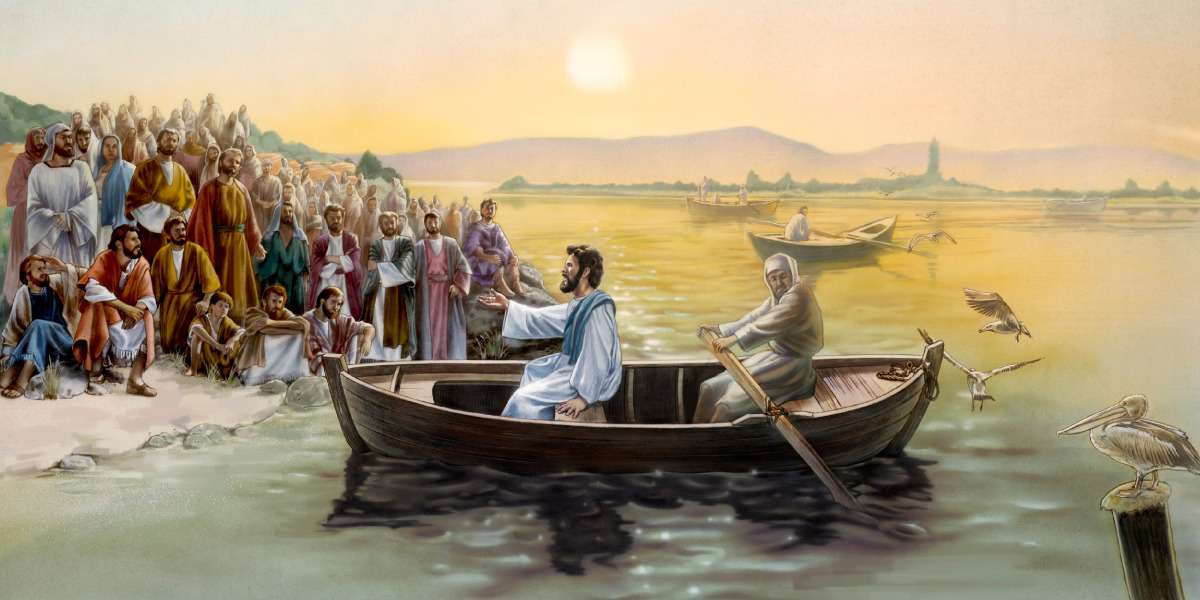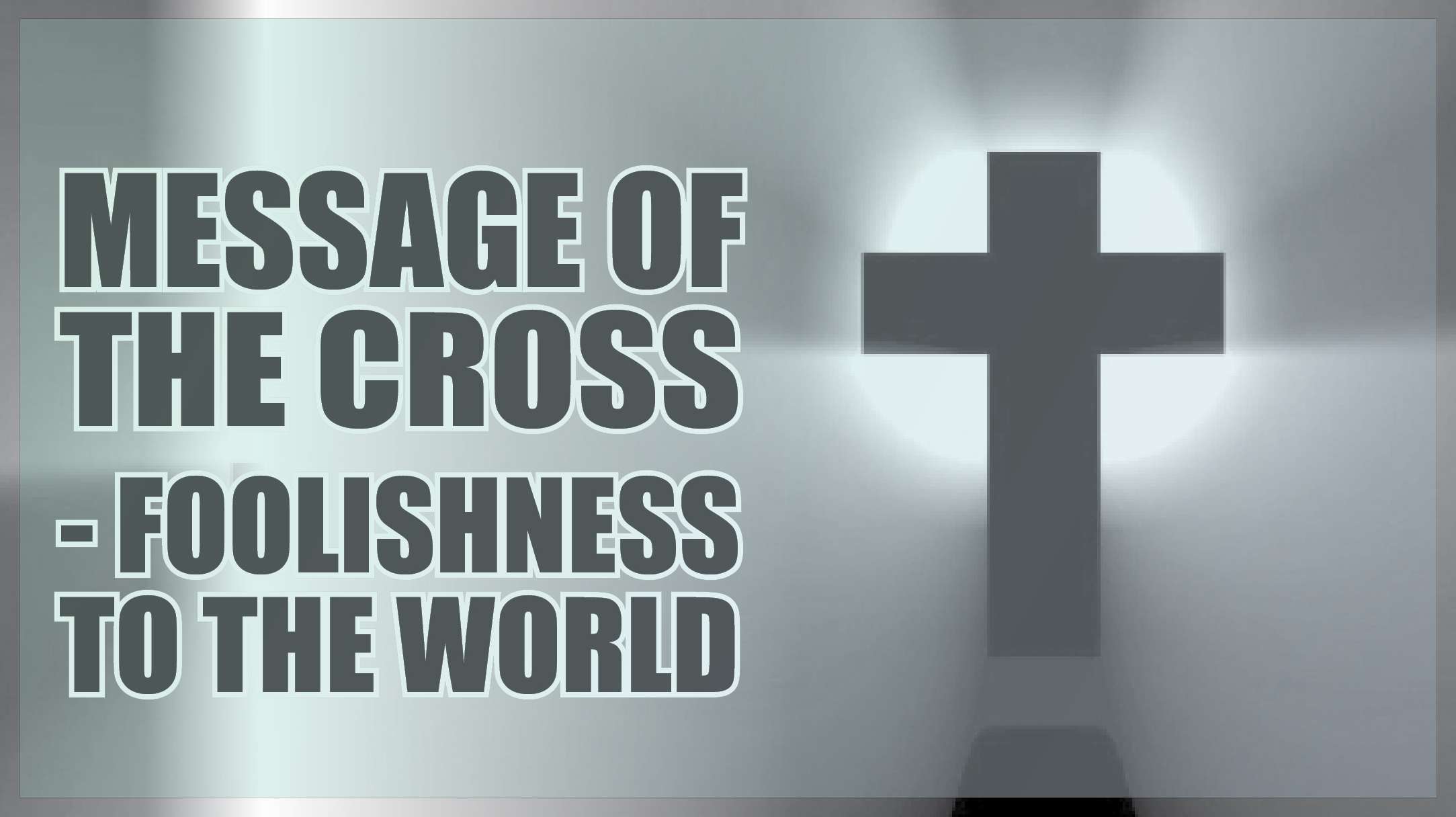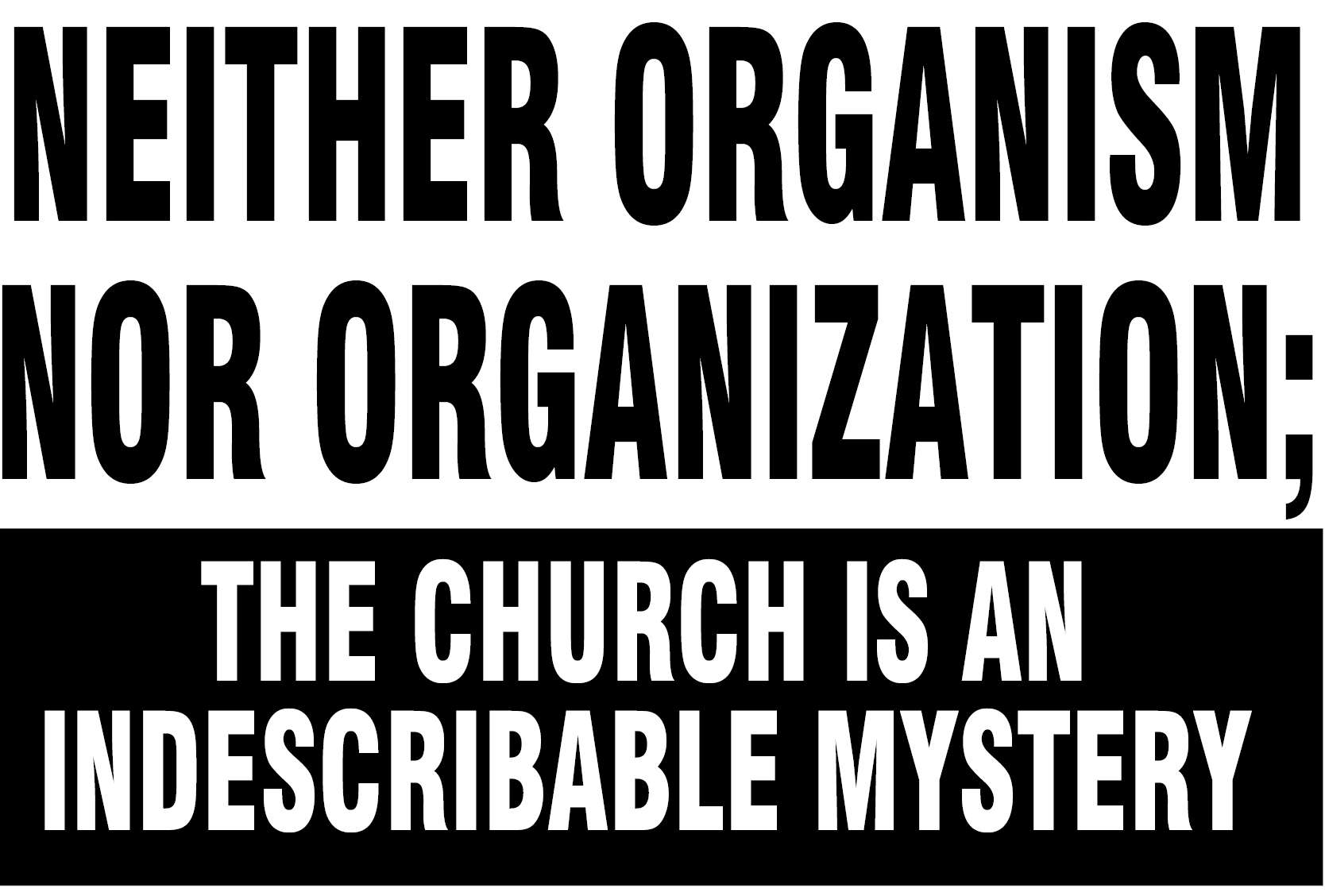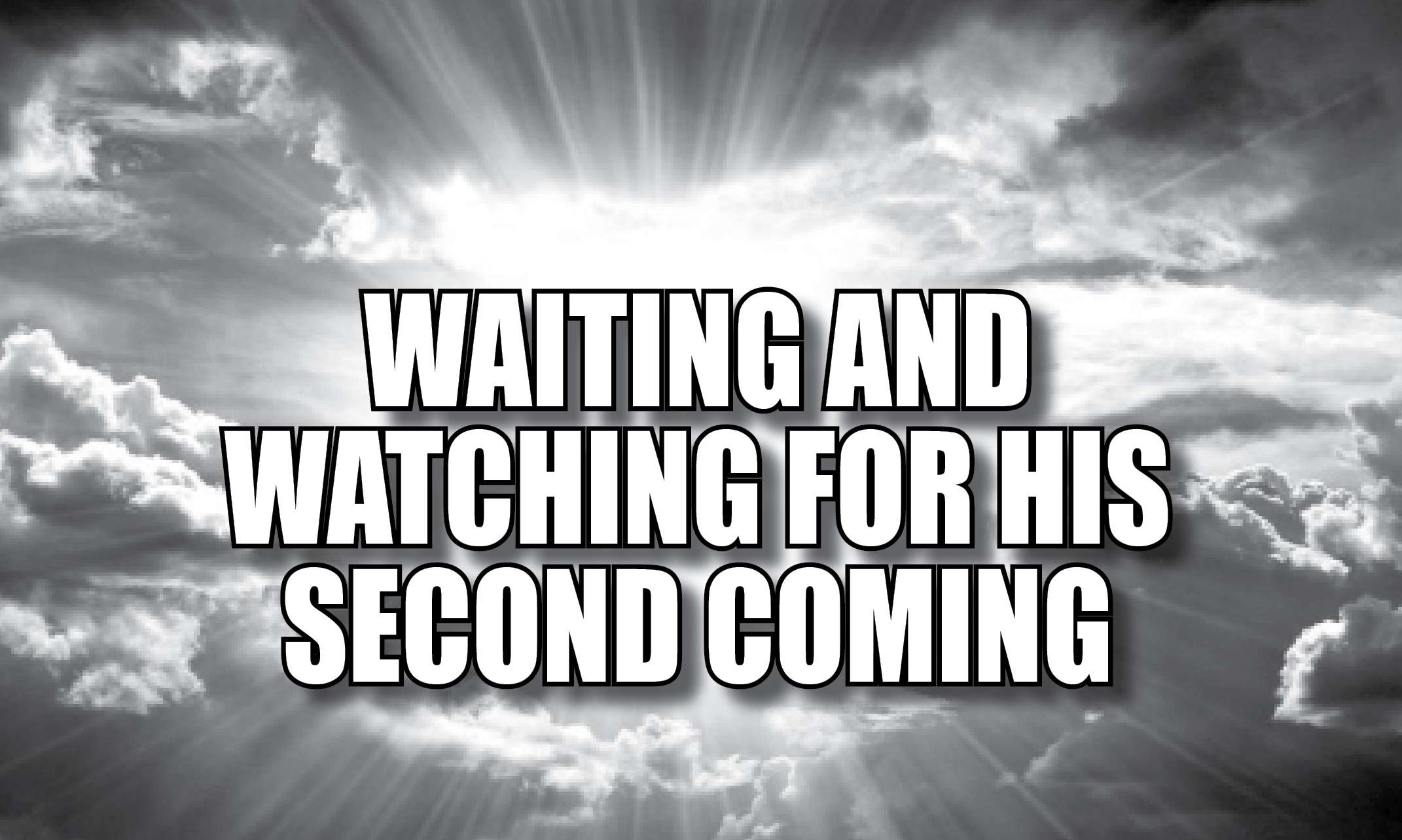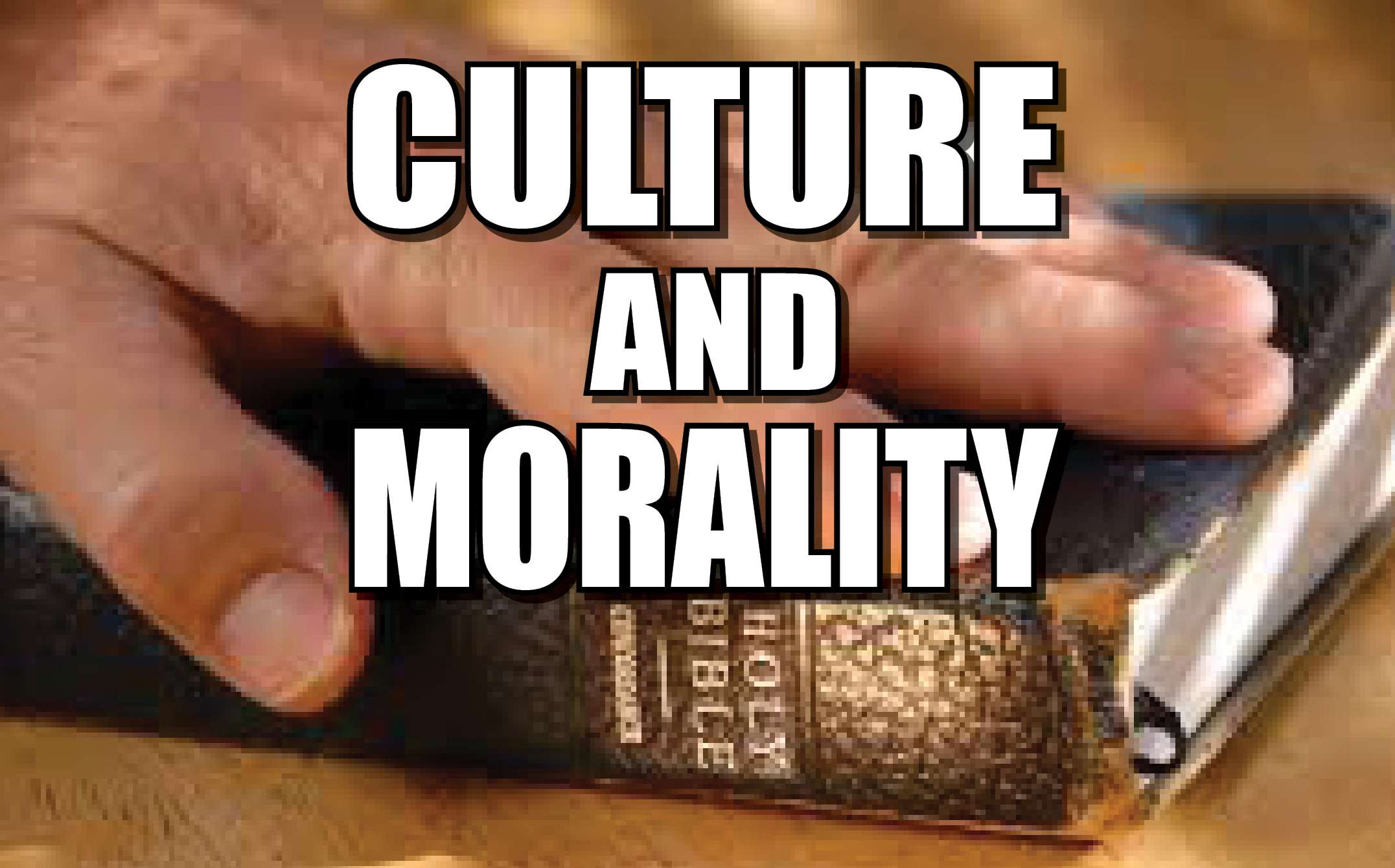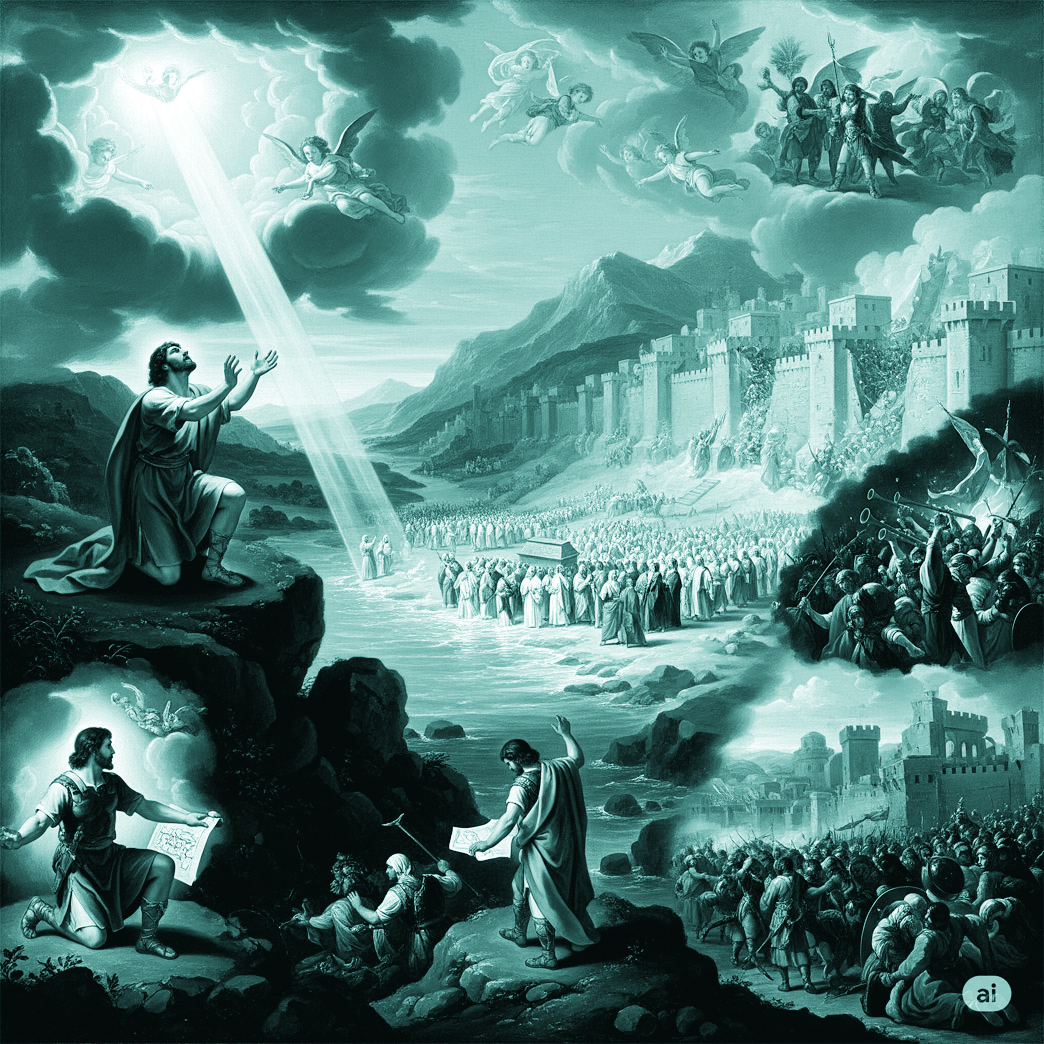

Calling and Overcoming of Obstacles in Joshua’s life
Dr. J. N. Manokaran
Introduction
The call of God for Joshua to lead the Nation of Israel to possess the Promised Land. God gifted the Promised Land to the Nation of Israel; nevertheless, they have to take possession of the Land. Spiritually and legally, the Promised Land was for the Nation, yet they had to take possession practically. (Joshua 1:3-18) In the same way, the Great Commission is the Privilege, Promise, and job description given to the Church. It was given by the Lord Jesus Christ, who rose again, and declared that all authority in heaven and earth is given to Him. (Matthew 28:18-20) There are at least four important principles we could learn that apply to the people of God in contemporary times.
The nation of Israel never possessed the whole land. That was because of a lack of vision, rejecting God, being lethargic in spiritual life, lukewarmness, being lazy to study the Word, disrespect, disregard, and persecution of prophets, and infiltration of paganism in day-to-day life.
The Church could learn from the failure of the Nation of Israel in neglecting God’s mandate and covenant to its own peril. The Global Universal Church will triumph; however, local churches, denominations, and believers could perish by neglecting the Great Commission to disciple all ethnicities and nations as a whole.
Footprints
Here is a promise, as well as a command. The earth and the fullness belong to the Lord. (Psalm 24:1) All human beings are descendants of Adam and Eve, created in the image of God. God said: All souls are mine. (Ezekiel 18:4) For Joshua, it was a geographical area that was given as a mandate. For the church, the scope is different. All creation, all humanity belonging to all nations, cultures, races, languages, and ethnicities ought to be reached with the Gospel of the Kingdom. All spheres of human existence should be redeemed and have the seal of the gospel. The Ten Mind moulders are an indicative example: A-Arts, B-Business, C-Church, Compassion service, Civil Society; D-Dissemination of information, Media, E-Education, F-Family, G-Government, H-Health, I- Information technology including AI, and J-Justice.
Incarnation Model
The Lord Jesus Christ's model of mission is Incarnation. The Son of God was born as a human in Bethlehem, lived among humans, died, was buried, and rose again. God did not send an angel or an archangel to accomplish the plan of salvation. God incarnated Himself. One of the astronauts who landed on the moon is supposed to have said: Son of God walking on earth is more important than man walking on the surface of the moon.
Footprints
There is a saying: “If you observe a progressive civilization, then there would be a grave of a missionary in its vicinity.” Missionaries crossed national boundaries carrying the good news to many parts of the world. However, some countries were closed to the gospel. Yet, the message got there through radios or digital platforms. The worshipping group of believers got established in most of the known major languages and people groups.
Digital footprints and gospel footprints
The new context of the world is the ‘Information Era.’ Digitalization has changed the world dramatically. Smartphone technology has a great reach, and a considerable percentage of the population has access to digital information. The penetration varies from country to country. As smartphones become cheaper and data becomes available in all nooks and corners of the world, all people will have access to the virtual digital world. ‘Digital footprint’ refers to one’s unique set of traceable digital activities. In the new digital world, gospel footprints should reach all digital devices like smartphones and laptops. The new frontier for mission is leaving ‘digital footprints’ to possess the Promise of God and fulfill the Great Commission.
Powerless enemies
God promised Joshua: “No man shall stand before you all the days of your life.” There will be enemies, but they will be powerless to stand before Joshua and the Nation of Israel. The principle is clear: as long as they are obedient, they will have victory. The same applies to the Church. The Church is a little flock and Father is delighted to give the Kingdom to them. These sheep are sent among wolves, but they ought to be as wise as serpents and as innocent as doves.
No closed door; No shut tomb
The resurrected Christ gave the Great Commission. No power on earth could keep the Son of God in the tomb. The political power of the Romans, the religious power of the Sanhedrin, and the mass power of the mob could not keep the Risen Lord inside the tomb. The Risen Lord entered the room where the disciples were hiding behind the closed door. The Lord appeared in their midst. There is neither a shut tomb nor a closed door for missions. Only the lazy would give excuse stating that the lions are roaming in the streets.
Resist the devil
Believers are called to submit to the Lord and resist the devil. Yes, the devil will try to destroy or defeat, or delay God’s work. Those who are discerning will identify the devil’s opposition and resist, so that he flees away. Thus, saints of God are to gain victory in the Lord.
Sin deprives a saint
In the city of Ai, the Nation of Israel faced defeat. It was not that Ai was a great city with a great army. Achan’s sin of stealing and hiding things devoted to destruction. Because of one person’s sin, the whole nation was defeated. The sin of adultery among worship leaders, pastors is damaging the credibility of the church. God expects His children to lead a holy life, resist temptation, and boldly proclaim the gospel.
Inherit the Land
Inherit the land and transform it. The Land that is corrupted by abominations against the Lord must be transformed. First, the wicked deeds of men should stop. Second, deeds that honour the Lord should be in place. For example, the practice of sati (burning alive the widow of a deceased husband when he is cremated) must be banned and stopped. The fake spirituality of murder should stop. Second, a new culture of treating the widows with dignity and caring for them should happen. The Church should model and demonstrate the true spirituality of caring for orphans and widows in their distress. (James 1:27)
Salt
God has called the disciples to be salt of the earth, light of the world, and be like a city on a hill. (Matthew 5:14-16) Salt adds savor to the food. Without salt, some food becomes inedible. Food with optimum salt gives optimum taste. Nevertheless, a food that is salted cannot be unsalted. So, is the impact of the gospel. For example, the heinous practice of burning a widow along with her deceased husband has been banned by the efforts of missionaries. This aspect of social practice has been salted, and that tradition cannot be brought back. If it is brought back, it means that society has plunged into chaos and lawlessness. When Israel started sacrificing children to Molech, they plunged into moral and spiritual wickedness. God had to punish them severely. (Jeremiah 32:35) In other words, salt is countered with poison in a wicked society, which is an abomination in the sight of the Lord, inviting His judgment.
Those who consume raw salt will feel thirsty. Those who are in contact with Christians will feel thirsty for truth. Thus, they will long for the living water that was promised by the Lord Jesus Christ. (John 4:10-14)
Rubbing salt on the wounds is a proverb. All cultures are broken, wounded, and injured by sin. Yet, people are proud of their culture. When the gospel is preached, it irritates them, as their ego is hurt. Hence, there is opposition to the gospel.
Light
God is Light. The Lord Jesus Christ is the Light of the World. The disciples are called to be children of light. Those who do not know the Lord are blind, and they dwell in spiritual darkness. Hence, believers are light to lead people from darkness to light. When they share the Word of God, people living in darkness can receive light. Light has to shine; it cannot be put under a bushel or basket. When the people of God are not shining or hidden, the gospel message cannot reach the people.
City on Hill
When the people of God inherit the Promised Land, it will be like a city on a hill. As covenant people, when they keep God’s commandments, they will have spiritual, moral, economic, and political superiority over the surrounding nations. Like Solomon’s wisdom that reached around the world, the Nation of Israel would be reflecting the glory of God to all nations. Sadly, the Nation failed miserably. The Church is the city of Hill; the light shines in all parts of the world. Yes, the Global Universal Church is imperfect, being sanctified every moment, and would be blameless when the Lord appears. In spite of imperfection, lack of maturity, the Church is a formidable light in pitch darkness.
Do according to the Law
The people who were inhabiting the land did not have a revelation as the Children of Israel did. They were following rituals, customs, and religious traditions. The foundation or source for those was not the Truth, revealed by God, but myths that they conceived by their imaginations. God was gracious to reveal Himself to the people of God through the Law, given by Moses. They could learn the attributes, expectations, covenant, purpose, and wonderful works of God.
Reading, listening, teaching, and meditating on the Law, day and night, would help the people of God to avoid the counsel of the wicked, stand in the footsteps of sinners accepting their standpoint, and be comfortable with scorners and scoffers who blaspheme against God. (Psalm 1:1-3) Parents were expected to teach the children when they lay down, woke up, sat, stood, and walked. (Deuteronomy 6:6-8) Priests were expected to be well-versed in the Scripture, as people would seek wisdom and knowledge from their lips and mouths. (Malachi 2:7)
Nevertheless, the words of the covenant were not cherished, read, or meditated. Mostly, it was neglected. Instead of obeying God, they became rebellious by adopting the practices of the inhabitants of the Land. The Lord agonized for the wayward Israel, who were being destroyed for the Lack of Knowledge. Because of this, the Lord will forget their children, the descendants. (Hosea 4:6)
Lack of listening:
Who has ears, let him hear. (Matthew 11:15; 13:9,43). This shows the importance of actively and attentively listening. The Law of Moses was routinely read on many occasions, during festivals and Sabbaths. Though they had physical ears, the function of their ears was not operational. Since they were not listening properly, it did not enter their mind and thoughts. Without listening or reading, it is not possible to understand and mediate the Word of God. Samuel was serving in the Tabernacle with Eli, the Chief Priest. Though he was familiar with sacrifices, incense, and other ceremonies, he did not have the skill to listen to the voice of God. (I Samuel 3:9) When the Lord called him, he could not respond. He misunderstood God’s voice as Eli’s voice. Eli trained him to listen to the voice of God, and he became one of the great saints of the Old Testament, who anointed the first two kings of Israel: Saul and David.
Lack of discernment
When a person is not disciplined to engage with the Word of God, they will not have a renewed mind. Without a renewed mind, a person will follow the patterns and fashions of the world. Or will be moulded by the world or squeezed into the mould of worldliness. With a renewed mind, a person could discern the good, perfect, and pleasing Will of God. Mind that is not renewed by the Word of God will be saturated with the ideas, thoughts, and opinions of the world. Hence, such people cannot serve or please God.
Lack of Eternal purpose
Many disciples choose to live for the present, without having knowledge that God has chosen them for eternity. Esau chose to live for the present as he chose a one-time meal over the birthright that was bestowed upon him as the Firstborn. By rejecting the Firstborn rights, he rejected the priesthood of the family, leadership, and covenant of God. (Genesis 25:29-34) He actually despised, did not esteem his Firstborn rights, hence became unworthy to receive it, even when he sought it with tears. (Hebrews 12:17)
Sadly, many disciples are pursuing the blessings and prosperity of this world, instead of seeking God’s purpose in their lives.
Lack of faith
A few people have a great knowledge of God, Scripture, and understand God’s eternal plan. Nevertheless, they lack the faith to pursue the vision of God. Faith is action and adventure. There is no passive or inactive faith. Those who have faith plunge into action, trusting God to help them fulfill their call and purposes. Heroes of the Bible are people of faith.
Lack of preparation
Those who do not prepare, prepare to fail. The five Foolish Virgins failed in one aspect of preparation. They had many good things in their calling and obedience. First, they were invited. Second, they responded to the invitation. Third, they took their lamps. Five, they were in the right place. Six, they were at the right time. Seven, they were in the right company or fellowship. Yet, they failed to take oil for the glorious event of meeting the bridegroom. (Matthew 25:1-13) They did not realize that they could not borrow, buy, or steal the oil; they had to bring it as they came for the event.
Challenge
The Lord builds His Church, and the gates of hell cannot prevail against the Church. (Matthew 16:18) There would be ferocious attacks by Satan and his minions against the Church, but they could never prevail. The Church, by preaching the gospel, delivers people from Satanic slavery and worldliness. As Pharaoh refused to Let His People Go, so does Satan, who does not want to give away his slaves. By doing mighty wonders and sending plagues, God redeemed Israel through Moses. In the same way, God is using the Church like Moses to redeem people from the slavery of sin, the world, and Satan.









